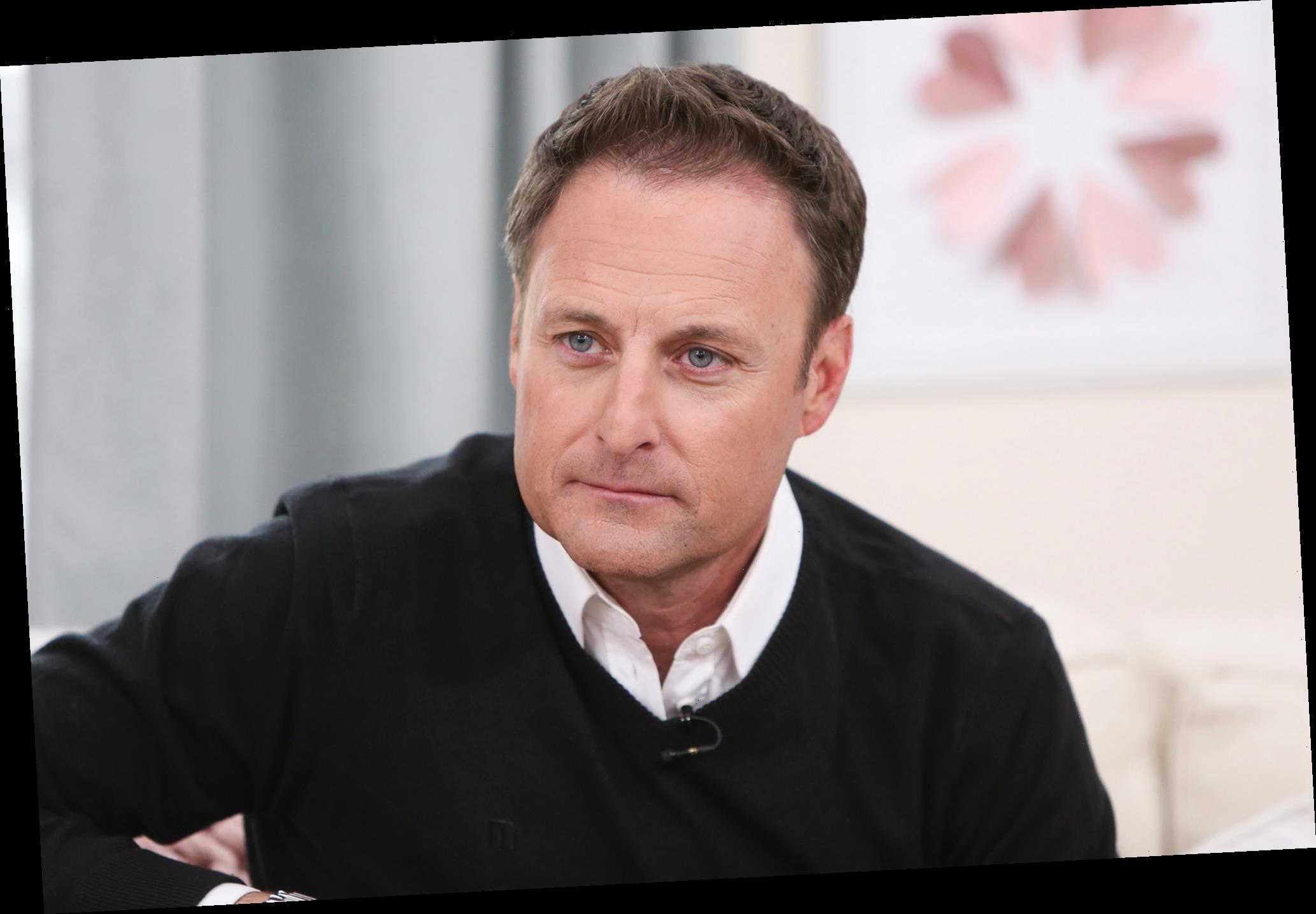An investigation into Victoria’s unregulated private drug rehabilitation system has found vulnerable patients are being referred to operators accused of exploitative billing practices, treating people without appropriate expertise and employing misleading advertising.
After a two-year investigation, Health Complaints Commissioner Karen Cusack found that long waiting lists in the public system meant Victorians were left with no choice but to pay more than $30,000 for a residential place in privately run clinics of varying quality.
Melbourne business woman Lily Owen, who beat a methamphetamine “ice” addiction.
“The unregulated nature of the private sector has allowed numerous operators to open [alcohol and other drug] treatment services without the necessary competence, skills or experience,” Ms Cusack wrote in a report to Health Minister Martin Foley to be made public on Friday.
The two providers her office received the most complaints about charge between $13,000 and $32,500 for residential treatment lasting between 30 and 90 days. She recommended the state should introduce a mandatory licensing scheme and ensure counsellors and other workers have appropriate qualifications.
Victoria has about 530 publicly funded residential rehabilitation beds, including those catering to young people, Indigenous people and new mothers. About 40,000 people were seeking treatment for drug and alcohol addiction each year in Victoria, Ms Cusack found.
While the Department of Health and Human Services was unable to provide waiting-time estimates, Ms Cusack found overwhelming anecdotal evidence to suggest people could wait months for a publicly funded place.
Ms Cusack concluded the delays in accessing publicly funded treatment had created a gap for private rehabilitation providers, which do not have to be registered with the Health Department unless they provide detoxification treatments. Only four private operators have done so since the rules were introduced in 2018.
The Age has confirmed that Victorian magistrates and judges are regularly bailing offenders into the care of some of the private treatment services investigated by the Health Complaints Commissioner under the state’s rehabilitative justice policies, causing some disquiet among judges and magistrates.
Ms Cusack said that during her investigation she had received more than 100 complaints about private providers, including clients being schooled in how to access their superannuation to pay for treatments and clients being used as unpaid labour under the guise of treatment.
Her report also detailed allegations of sexual misconduct, drug use in facilities and children being treated in adult-only rehabilitation centres.
Health Complaints Commissioner Karen Cusack
Ms Cusack’s investigation found cases in which private rehabilitation providers were accepting clients they did not have the expertise to treat simply because they could pay up front.
She also found some private facilities were probably engaging in misleading practices under Australia’s consumer protection laws. She identified cases where private operators were marketing “luxury” premises that were far from luxurious.
“A mandatory registration/licensing scheme is imperative to set a standard the Victorian public can and should expect from private … services,” she concluded.
The chief executive of the Victorian Alcohol and Drug Association, Sam Biondo, said Victoria had only 0.7 publicly funded residential drug rehabilitation beds for every 10,000 people, the second lowest ratio in Australia. The situation has been made worse by COVID-19 and social distancing policies, with a survey of operators showing a 43 per cent increase in demand for beds in Victoria in 2020, but an 89 per cent reduction in available places.
Mr Biondo said there was a clear need for greater regulation of private providers. His organisation had found evidence of people “being enticed into signing across large swaths of their superannuation funding or being assisted to access banking loans” to pay for private drug rehab treatment.
Anne-Maree Kaser, chief executive of the publicly funded drug rehab Windana, agreed there was enormous unmet demand at public facilities. Waiting times for a place at Windana could be between three and six months, she said.
While there were some “excellent private providers”, Ms Kaser said there had been a “proliferation of cowboys and people who aren’t providing evidence-based treatment”.
In 2019 Ms Cusack took action against a private rehabilitation clinic operating from the site of a former Melbourne brothel. Months later, Victoria Police raided the rehabilitation clinic and found a clandestine methamphetamine laboratory. Three men were charged with drugs trafficking and weapons offences.
“The lack of targeted regulation [in the private sector] means there may be unscrupulous providers or practices preying on individuals and their families at a time when those individuals are at their most vulnerable. The intersection between undersupply, vulnerability and the for-profit model is the space where poor consumer outcomes occur,” Ms Cusack found.
Health Minister Martin Foley said the government had doubled the number of publicly funded beds available since 2014 and would carefully consider the 21 recommendations made by Ms Cusack, along with those from the mental health royal commission which reported earlier this week.
The federal government has indicated that all private rehabilitation providers will be required to be accredited by the end of next year. It will be up to the states to implement the national quality assurance scheme.
Mr Foley said stronger national regulations were “at the heart” of changes required.
A filthy chair at one private Victorian drug rehabilitation facility.Credit:Health Complaints Commission report
Sources at the Magistrates Court and County Court, who are not authorised to speak publicly, said there was a degree of frustration about the lack of regulation of providers into whose care judicial officers were being asked to release people.
“Magistrates make decisions on a case-by-case basis, utilising the best information they have at that time,” a spokeswoman for the court said in response to questions from The Age about the steps taken by magistrates to determine the quality of private drug treatment clinics.
“The Magistrates Court supports the development of a national regulatory framework … [to] ensure that providers are appropriately qualified.”
State shadow attorney-general Edward O’Donohue said it was incumbent on the government to provide sufficient reputable, properly resourced and accredited alcohol and drug service providers for the courts to refer alleged offenders to.
Start your day informed
Our Morning Edition newsletter is a curated guide to the most important and interesting stories, analysis and insights. Sign up here.
Most Viewed in National
From our partners
Source: Read Full Article





